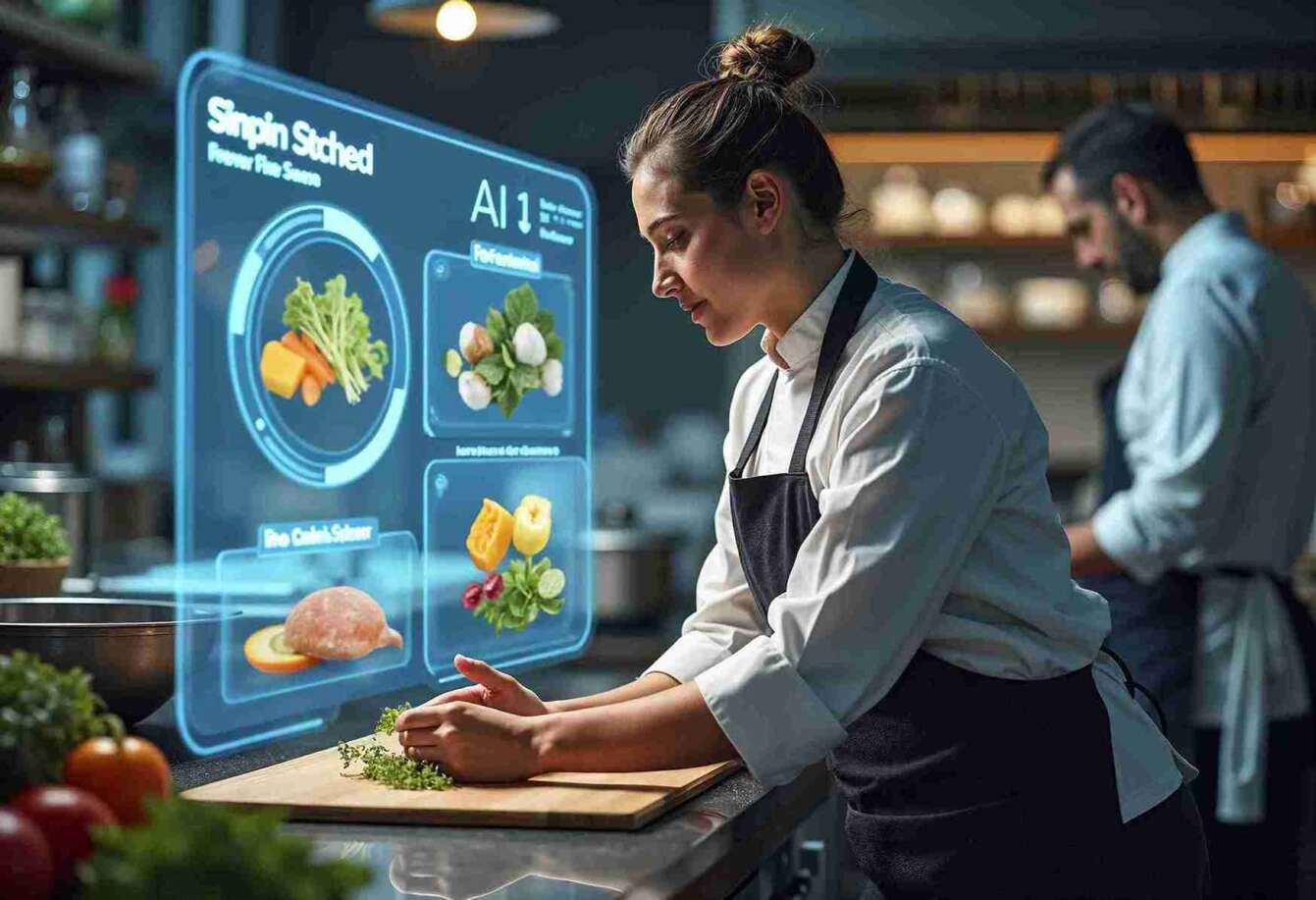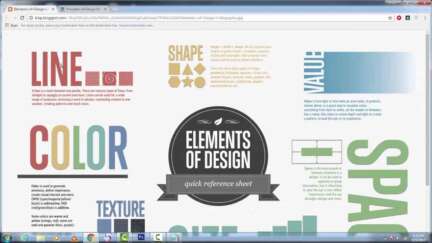In today’s highly competitive world of hospitality, analytics software has grown from an option to becoming an essential requirement. Hotels — particularly catering to B2B customers — need real-time data in order to enhance guests’ experiences, boost revenue and streamline operations. The issue that many hotel managers are currently facing is: Which is the most effective software for analytics in the B2B sector of the hotel industry?
This article explores the most effective tools that are available, their characteristics that make them efficient and how they can improve decision-making in hospitality companies.
Why Analytics Matter in the Hotel B2B Space

The entire hotel industry has focused on understanding guest needs as well as forecasting demand and managing operations. With B2B the B2B world the process becomes more complex:
- Clients of corporate clients may have distinct requirements from leisure travellers.
- Group bookings require deeper insights into trends
- Multi-property management requires centralized information
- Long-term relationships are based on data
Utilizing an analytics tool, hoteliers are able to identify patterns, anticipate client demands, help in contract negotiation, and even sell services more efficiently.
Key Features to Look for in Hotel Analytics Software
Before focusing on specific platforms, Here are the most important attributes that hotels focusing on B2B should consider:
- Real-time performance dashboards
- Tools for forecasting (occupancy RevPAR ADR)
- Guest segmentation, as well as tracking of behaviour
- Integrations of Business Intelligence
- CRM as well as PMS (property management system) compatibility
- Monitoring of KPIs that can be customized
- The visualization of information and reportage
Top Analytics Software for B2B Hotel Operations

1. Revinate
Revinate assists hotels in personalizing guests’ experiences and enhances marketing using information.
Great for Guest feedback, CRM, and marketing insight
Highlights:
- Unified guest profiles across multiple properties
- Email campaign performance tracking
- Review sentiment analysis
- Integration with PMS systems
2. Duetto
Duetto is a revenue-oriented system that improves pricing through predictive analytics.
Ideal for: Forecasting and management of revenue
Highlights:
- Open pricing models
- Contract and group pricing tools
- Competitive benchmarking
- Advanced forecasting modules
3. Infor Hospitality Analytics
Infor provides a powerful platform that includes real-time dashboards as well as integrations to support complex hotel operations.
Best For: Enterprise-level hotel chains
Highlights:
- Advanced KPI tracking
- Integration seamlessly between CRM and PMS
- Customized reporting features
- Multi-property use scalable
4. HotelIQ
HotelIQ provides business intelligence geared to hospitality with an easy dashboard.
is ideal for Strategic decision-makers and analysts
Highlights:
- Drag-and-drop tools for reporting
- Analysis of pace and occupancy
- Budget planning assistance
- Group segment tracking
5. OTA Insight
OTA Insight focuses on rate intelligence and market benchmarking.
Great for: Competitive pricing and rate comparison
Highlights:
- Real-time rate shopping
- Monitoring of parity
- Local competitors’ data visualization
- Simple-to-use interface
6. ProfitSword
ProfitSword is an analytics platform that is financial for hotels that focuses on profitability insight.
Ideal for: Financial planning and revenue executives
Highlights:
- Tools for forecasting
- Real-time budget tracking
- Multi-property P&L views
- Scenario modeling
Key Metrics Tracked by B2B Hotel Analytics Platforms

Analytics software can help hotels concentrate on the things that matter most. The top B2B platforms monitor the key performance indicators (KPIs) listed below:
- occupancy rate – per cent of rooms booked vs available rooms
- The Average Daily Ratio (ADR) – Average revenue per room sold
- Revenue per room (RevPAR) – Key profit metric
- Length Time – What is the time in reservations are made
- Group vs. Individual Booking Ratios
- Client Retention Rate
- Book Source Mix Direct vs OTA Corporate contracts
Benefits of Using Hotel Analytics for B2B
1. Better Forecasting
Through predictive analytics, hotels can manage staff, inventory and pricing more precisely.
2. Improved Guest Relationships
Unified data allows for the personalization of the service offered to repeat business customers and monitors satisfaction scores.
3. More Effective Marketing
Determine what is effective and what’s not, such as loyalty programs to offers for business travel.
4. Stronger Revenue Performance
Enhance ADR and RevPAR by analyzing real-time data and benchmarks for competitive analysis.
5. Smarter Contract Negotiations
Armed with data on usage, Hotels can negotiate better rates with corporate clients.
Final Thoughts
The most effective analytics software for the B2B hotel industry offers flexibility, power, and real-world data. No matter. If you manage a small hotel with business guests or manage a multi-property chain, information is your most important asset.
Investing in the right tools will not only boost your performance but create long-lasting connections with your corporate clients.
Begin by identifying the needs you have such as forecasting price, segmenting guests or oversight of multiple properties — and then match them to the appropriate platform.
FAQs:
Q1: What’s the distinction between Hotel Analytics and CRM?
CRM monitors guest interactions, while analytics software utilizes data to guide decisions in marketing, revenue, as well as operations.
Q2: Can hotels with a small footprint profit from the B2B tools for analytics?
Yes. Even hotels with small budgets can benefit from basic analytics to comprehend group bookings, increase pricing, and also manage relationships.
Q3: How can predictive analytics assist hotel managers?
It predicts the future demand, which allows hotels to adjust pricing, staffing and marketing strategies in advance.
Q4: Are the analytics tools worth the cost for hotels with independent operations?
Absolutely. The best analytics tools improve efficiency, reduce time, and offer the necessary clarity for markets with many competitors.
Q5: Is the integration of PMS systems necessary?
Yes. Integration seamless with PMS guarantees real-time data syncing essential to ensure accurate analysis and correct action.











Leave a Comment